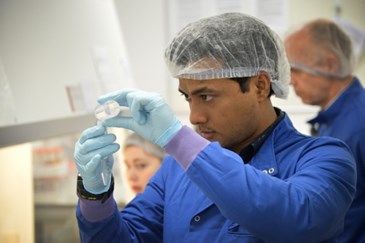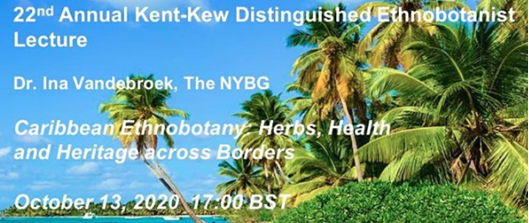Events
Below are a selection of featured events, courses and webinars, from UKBRCN member organisations to the wider medical and life sciences research community. For more details or to register for an event please contact the individual organisations directly.
ECACC - Fast-track cell culture training course
This two day introductory course has the overall aim of ensuring scientific reproducibility through standardised cell culture. Delivered by ECACC at Durham University's state of the art laboratory facilities it has a mix of lectures and hands-on practical activities.
Due to COVID-19, this training course has been postponed until 2021. You can register your interest in this course early using the registration form on the Culture Collections website.
Introduction to the Nagoya Protocol on Access and Benefit Sharing in the UK
This webinar will cover an introduction to the Nagoya Protocol and the legislation in force in the UK, as well case studies focussing on academic research conducted in the UK involving genetic resources.
We also invite attendees to submit specific questions or topics that they would like to see covered in advance of the webinar, through the registration page.
State of the World's Plants and Fungi Virtual Symposium
This online symposium brings together experts to discuss findings presented in the report and to motivate actions for protecting and sustainably using the world’s plant and fungal diversity. The outcomes of the discussions will be used to inform policies and research aimed at exploring and sharing knowledge and benefits associated with plants and fungi around the world.
Join international experts on 13 – 15 October 2020.
Kent-Kew Distinguished Ethnobotanist Lecture
Dr Vandebroek’s lecture will explore the co-mobility of humans and plants in the Caribbean, which spans multiple continents (The Americas, Africa, Europe, Asia), cultural groups, and periods of time.
Her presentation will discuss lessons learned from ethnobotanical research in New York City, the Dominican Republic, and Jamaica, and she will argue that although Caribbean plant knowledge is dynamic and characterised by spatial, temporal, and functional mobility, this knowledge system is firmly rooted in the Caribbean islands, instilled with innovation that has originated within this region.





